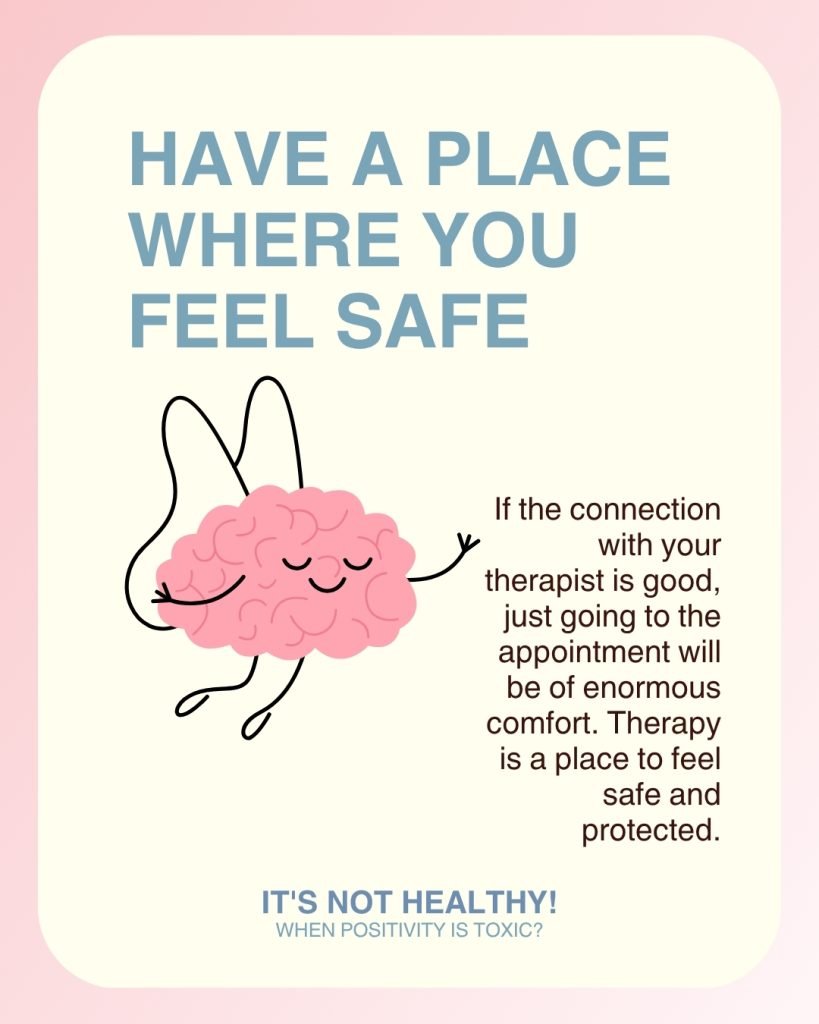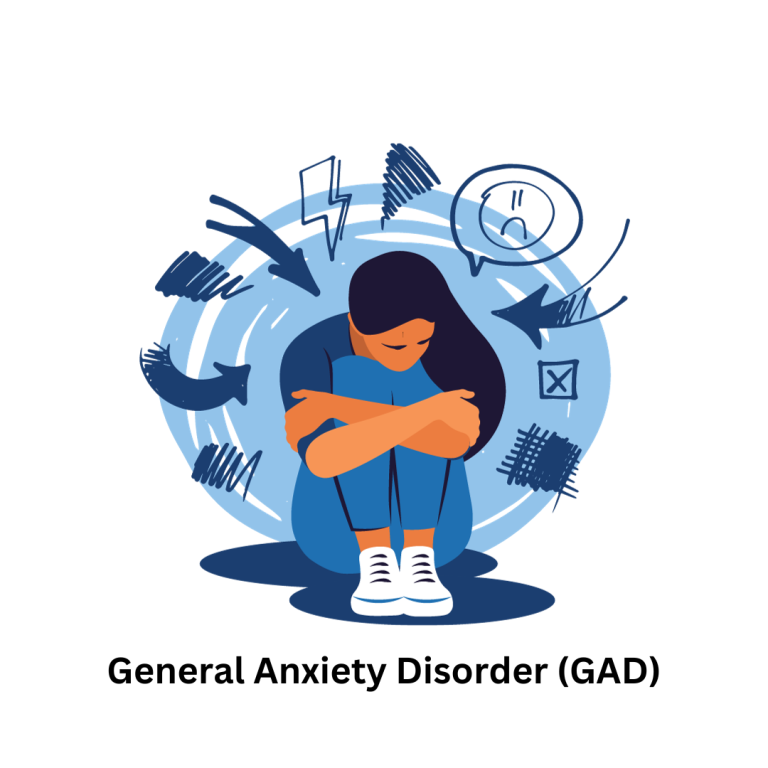Let’s be honest: life can feel heavy sometimes. Maybe you’ve been carrying around anxiety that never seems to go away. Maybe you’re dealing with heartbreak, burnout, or just feeling stuck...
Stress is a natural response to situational pressures or demands, particularly when these are perceived as threatening or dangerous. It results from the release of brain chemicals, known as hormones,...
The Life of Freud (1856–1939) Early Years Freud was born in 1856 in Freiberg, Moravia (now Příbor, Czech Republic). His father, a wool merchant, struggled financially and moved the family...
Below are some lesser-known common phobias, organized alphabetically: A Ablutophobia: Fear of bathing or cleaning. Acrophobia: Fear of heights. Aerophobia: Fear of flying. Aichmophobia: Fear of sharp objects. Arachnophobia: Fear...
Depression is a mental health disorder characterized by persistent feelings of sadness, hopelessness, and a lack of interest or pleasure in activities. It can affect a person’s thinking, behavior, and...
What is Delinquency? Delinquency refers to illegal or antisocial behaviors, often exhibited by minors, that violate the legal or social norms of society. Common examples include theft, vandalism, substance abuse,...
Shyness is a feeling of discomfort or apprehension in social situations, often accompanied by self-consciousness, nervousness, or anxiety when interacting with others. Shy individuals may avoid social interactions or experience...
Transactional Analysis (TA) is a psychological theory developed by Eric Berne in the 1950s. It is designed to help individuals understand their behavior, communication, and relationships. The core of TA...
The placebo effect is a well-documented psychological phenomenon where individuals experience real improvements in their condition because they believe they are receiving treatment, even if the “treatment” has no therapeutic...
Autism Spectrum Disorder Autism Spectrum Disorder (ASD), commonly known as Autism, is a neurodevelopmental disorder that affects communication, social interaction, and behavior. It is called a “spectrum” disorder because the...
Mental Retardation In psychology, Mental Retardation, also known as Intellectual Disability, is a disorder of development that is characterized by significantly below-average intellectual functioning and adaptive behavior. This condition is...
Manic depressive psychosis (Bipolar disorder) Manic depressive psychosis, also known as bipolar disorder, is a mental illness characterized by episodes of mood swings that range from extreme highs (mania or...
Schizophrenia Schizophrenia is a severe and chronic mental disorder that affects a person’s thoughts, emotions, and behaviors. It is a complex illness that can be challenging to diagnose and treat,...
Somatoform Disorder Somatoform disorder is a term used in psychology to describe a group of mental disorders that involve physical symptoms that cannot be fully explained by a medical condition....
Obsessive Compulsive Disorder (OCD) is a mental health disorder characterized by recurrent, intrusive, and distressing thoughts, images, or impulses (obsessions) that are often followed by repetitive behaviors or mental acts...
Generalized Anxiety Disorder (GAD) is a mental health disorder characterized by excessive and persistent worry or anxiety about a range of different issues, such as work, health, finances, relationships, and...
Introduction of Normality and Abnormality Normality refers to the state of being typical or expected within a given context or population. It can be defined as a range of behaviors,...












